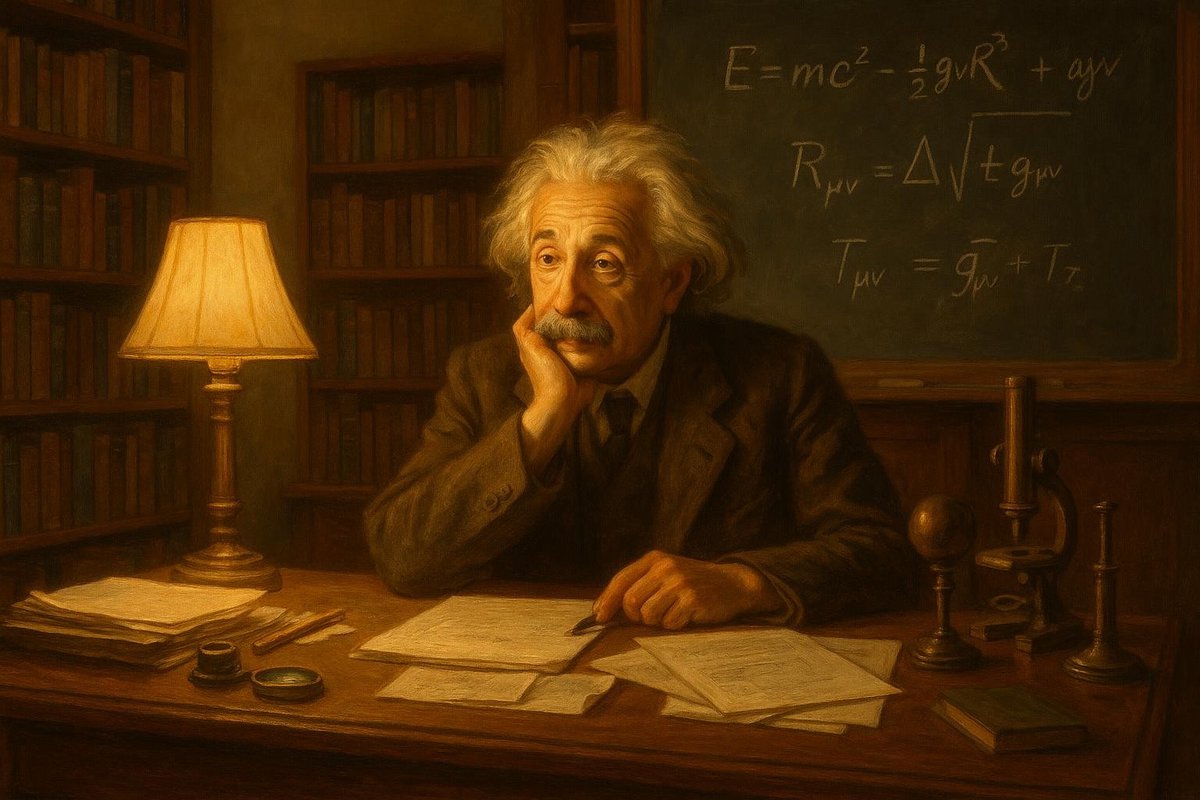
Introduction
Imagine staring at the night sky, a twinkling fabric of stars stretched across the cosmos. As we ponder the mysteries beyond, we might ask: how do time and space interact to create the universe we know? Albert Einstein’s Theory of Relativity revolutionized our understanding of these concepts. But interestingly, did its general acceptance overshadow some inherent paradoxes? As time goes on, many people believe that Einstein’s ideas are both groundbreaking and, paradoxically, puzzling.
The Problem Context: Space and Time Before Einstein
Before Einstein’s brilliance illuminated the scientific realm, space and time were seen as separate entities. But this view often left scientists grappling with unanswered questions. Isaac Newton’s mechanics, while robust in explaining everyday phenomena, couldn’t fully account for the intricacies of gravitational forces—especially on a cosmic scale.
- Newtonian physics dominated since the 17th century, emphasizing a fixed, absolute space and a uniform time.
- The inability to reconcile gravity’s effects across vast distances became an intellectual impasse.
- Philosophers and scientists alike pondered: How could instantaneous action at a distance be possible?
As industrialization flourished in the late 19th century, a cultural shift toward questioning the status quo set the stage for revolutionary ideas. The intellectual climate was ripe for change, driven by technological and philosophical advancements that spurred scientists like Einstein to search for deeper truths.
The Theoretical Breakthrough: A Revolutionary Idea Emerges
In 1905, Einstein published his Special Theory of Relativity, proposing that the laws of physics are the same for all non-accelerating observers and that the speed of light is constant in a vacuum, regardless of the observer’s state of motion.
- He introduced the concept of spacetime, a unification of space and time into a single four-dimensional continuum.
- By 1915, his General Theory of Relativity further revolutionized our understanding by redefining gravity as the warping of spacetime caused by mass.
- Einstein famously stated, “Imagination is more important than knowledge.” His theoretical leap required thinking beyond conventional paradigms.
This breakthrough was not just a mathematical endeavor; it challenged existing philosophical notions of reality. The concept of spacetime suggested that time is relative, not absolute—a radical departure from established sciences.
Supporting Evidence: Proving Relativity
Einstein’s theories, initially met with skepticism, gained traction through experimental validation. The 1919 solar eclipse provided the first empirical evidence, as observers noticed starlight bending around the sun, confirming his predictions.
- The bending of light, known as gravitational lensing, supported Einstein’s idea of spacetime curvature.
- Further evidence came from the accurate prediction of Mercury’s orbit, which Newtonian physics couldn’t explain.
- GPS technology today relies on relativistic calculations to provide accurate positioning, a testament to the theory’s practical applications.
Despite these confirmations, some paradoxes emerged. For instance, the Twin Paradox poses intriguing questions about time dilation. Could the widespread acceptance of relativity have overshadowed these paradoxical implications?
Modern Relevance: Paradoxes and Acceptance
As we continue to explore the universe, the Theory of Relativity remains a cornerstone of modern physics. However, questioning its paradoxes invites deeper scrutiny and understanding.
- Relativity’s acceptance may have inadvertently muted critical examinations of its paradoxes.
- Quantum mechanics introduces concepts seemingly at odds with relativity, challenging scientists to reconcile the two.
- New theories, such as string theory, seek to integrate these frameworks, suggesting that our understanding is ever-evolving.
Of course, the broader implications of Einstein’s work continue to inspire both scientific inquiry and philosophical reflection. As we delve into these paradoxes, we honor the spirit of curiosity that drives scientific progress.
Conclusion
Einstein’s Theory of Relativity has undoubtedly reshaped our understanding of the universe. Yet, as we celebrate its elegance, we must also question its paradoxes. Embracing this duality fosters a mindset of critical examination, ensuring that our quest for knowledge remains vibrant and ever-expanding. As Einstein himself might remind us, questioning is the essence of intellectual growth.
Fuel Someone Else’s Curiosity
This exploration into the Theory of Relativity aims to provoke thought and inspire dialogue. Share this article with fellow seekers of knowledge, and let’s continue questioning and understanding our universe together. After all, curiosity is contagious.

Leave a Reply